The Top 5 Mistakes College Soccer Players Make When Trying to Go Pro (And How to Avoid Them)
Transitioning from college soccer to the professional ranks is a dream for many student-athletes. However, making the leap requires more than just talent on the field. It demands strategy, focus, and preparation. Unfortunately, many college soccer players make common mistakes that hold them back from reaching the professional stage. In this article, we’ll discuss the top five mistakes college soccer players make when trying to go pro—and how you can avoid them.
1. Failing to Develop a Professional-Level Mindset
Mistake:
Many college soccer players rely solely on their talent to get noticed by professional teams without developing the mental and physical discipline required at the next level. A "good enough" mentality in college often leads to stagnation, as the professional game demands a different level of commitment, professionalism, and adaptability.
How to Avoid It:
Consistency is Key: Treat every training session and game as if it were a professional trial. Focus on improving each aspect of your game, from technical skills to physical fitness.
Study the Game: Watch professional matches regularly. Observe players in your position and learn from their movements, decisions, and tactics.
Seek Mentorship: Surround yourself with players, coaches, and mentors who push you to think and train like a pro.
Professional soccer is not just about skill—it's about demonstrating an unrelenting work ethic, both on and off the pitch.
2. Overlooking the Importance of Networking
Mistake:
Many players believe talent alone will get them noticed. They ignore the importance of networking with coaches, scouts, agents, and other professionals in the soccer world.
How to Avoid It:
Attend Pro Showcases and Combines: These events allow players to showcase their abilities in front of scouts and coaches.
Build Relationships: Stay in contact with your college coaches, trainers, and even former teammates. They can often provide introductions to professionals or recommend you to teams.
Use Social Media: Platforms like Instagram, Twitter, and LinkedIn are powerful tools to market yourself. Post highlights, share accomplishments, and engage with professional soccer communities.
Building connections is just as important as developing your skills. Most professional opportunities come through word-of-mouth and recommendations.
3. Not Marketing Yourself Effectively
Mistake:
College players often assume scouts will find them, instead of taking the initiative to showcase their skills. They may lack a professional soccer resume, highlight reel, or even basic online presence.
How to Avoid It:
Create a Soccer-Specific Resume: Highlight your stats, awards, playing experience, and academic achievements. Include references from coaches or trainers.
Make a Standout Highlight Reel: Keep it short (3–5 minutes), showcasing your best plays, technical skills, and tactical awareness. Share it on YouTube and social media platforms.
Leverage Professional Contacts: Send your resume and reel directly to coaches, agents, or teams. Personalize your messages to show genuine interest in their program.
In today’s competitive environment, it’s essential to market yourself like a professional athlete.
4. Ignoring the Importance of Physical and Mental Conditioning
Mistake:
Many players underestimate the physical and mental demands of professional soccer. They may neglect their fitness, recovery, or mental resilience, leading to burnout or injury.
How to Avoid It:
Commit to Year-Round Fitness: Professional players train year-round, even during the off-season. Work with a trainer or coach to maintain peak fitness.
Prioritize Recovery: Use tools like foam rollers, stretching routines, and ice baths to recover after games and training.
Invest in Mental Health: Pressure at the professional level is intense. Work with a sports psychologist or use mindfulness techniques to stay focused and motivated.
Your physical and mental readiness will determine how well you transition to the pro level.
5. Lacking a Clear Transition Plan
Mistake:
Many college players don’t have a clear roadmap for going pro. They may assume opportunities will come to them after graduation or fail to research what’s required to make the leap.
How to Avoid It:
Understand the Pathways: Research the leagues, trials, and opportunities available to you. Whether it’s the MLS, USL, or overseas leagues, know the requirements for each.
Work with a Recruiting Agency: Services like Upper 90 College can help guide players through the transition process, from networking with teams to preparing for combines and showcases.
Be Realistic: Not every player will go straight to a major league. Be open to starting in lower divisions or semi-professional teams to build your resume and prove your abilities.
A clear plan provides direction and focus, helping you stay on track toward your goal.
Why Balancing Academics and Soccer Matters
While striving to go pro, it’s vital to remember the importance of your academic journey. A strong academic foundation provides a safety net if your soccer career doesn’t pan out or after it ends. Schools like Amherst College and Concord University (where some of our Upper 90 College alumni attended) are examples of programs that balance academic excellence with strong soccer traditions, preparing student-athletes for life both on and off the field.
Conclusion: How Upper 90 College Can Help
Going pro from college soccer is a challenging journey, but it’s not impossible with the right mindset, preparation, and guidance. Over the past 15 years, Upper 90 College has helped countless student-athletes navigate the college soccer recruiting process and prepare for professional opportunities.
From building standout profiles to connecting with professional scouts, we specialize in helping athletes reach their full potential in the USA college soccer system.
Don’t let common mistakes hold you back from achieving your dream! Contact us today to learn how we can help you take the next step toward going pro.

